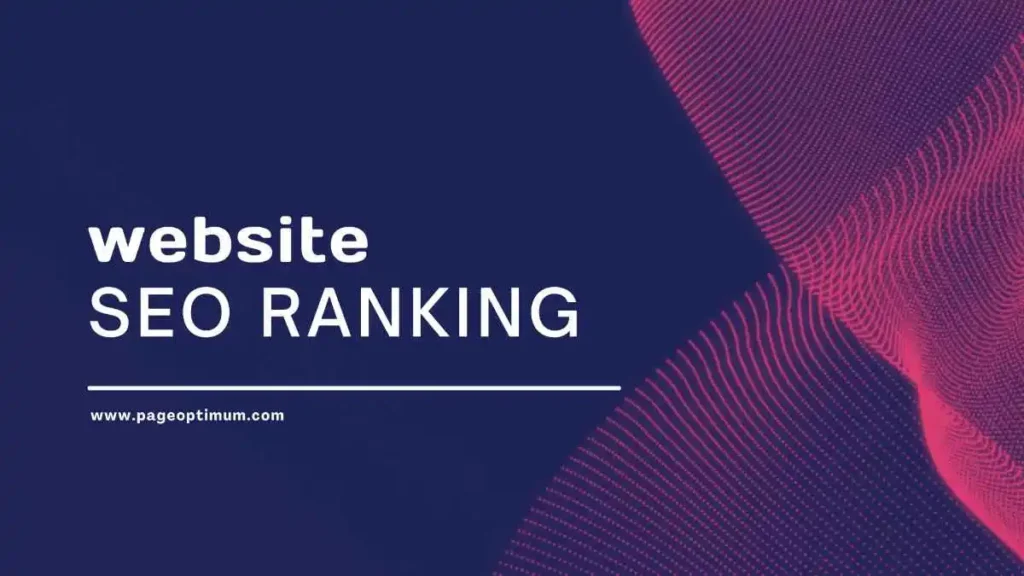Estimated reading time: 6 minutes
An in-depth explanation of what SEO is, covering key strategies to enhance online visibility and search engine rankings.
Introduction on Search Engine Optimization
Search Engine Optimization, or SEO, is the practice of improving a website to increase its visibility when people search for products or services online. This article will guide you through the essentials of SEO, what it entails, and how it can benefit your online presence. By the end, you’ll have a thorough understanding of SEO and its crucial role in digital marketing.

What is SEO?
At its core, SEO is all about optimizing a website so that search engines, like Google or Bing., can easily crawl and index its pages, thus ranking it higher in search engine results pages (SERPs). There are numerous aspects to SEO, including keyword optimization, content creation, link building, and technical enhancements.
Why is SEO Important?
Search engines utilize complex algorithms to rank content. They use “crawlers” to discover and index web pages, which are then ranked based on relevance and quality. These algorithms consider hundreds of factors to deliver the best possible results to users.
Keywords and Their Role in SEO

Keywords are phrases or terms that users type into search engines. Optimizing your content with relevant keywords helps search engines understand the content on your website and match it to user searches. There are different types of keywords, including short-tail, long-tail, and LSI (Latent Semantic Indexing) keywords, all of which play distinct roles in SEO.
Types of SEO
On-Page SEO:
This involves optimizing the content, tags, images, and other elements directly on your website. It also includes improving readability and keyword density.
Off-Page SEO:
This focuses on activities outside of your website, primarily link building. Quality backlinks from reputable sites enhance your site’s authority.
Technical SEO:
Technical SEO focuses on improving the backend structure of your website. This includes ensuring fast page load times, mobile responsiveness, and secure (HTTPS) connections.
Local SEO:
This type of SEO is crucial for businesses that operate in specific geographic locations. It involves optimizing your website to rank well for local searches, like “SEO services near me.”
SEO Best Practices
SEO best practices evolve as search engines update their algorithms. However, some fundamental principles remain consistent.
Create High-Quality Content:
Content is king in the SEO world. High-quality content is valuable, unique, and informative. Ensure your content is engaging and provides real value to your readers.
Optimize for Mobile Devices:
Mobile optimization is essential as more users access the web through their smartphones. Google even uses mobile-first indexing, meaning it primarily uses the mobile version of your site for ranking.
Use SEO-Friendly URLs:
Your URLs should be easy to read and include your primary keywords. This helps both search engines and users understand your content.
Enhance Site Speed:
A fast website is vital for both SEO and user experience. Use tools like Google PageSpeed Insights to analyze and improve your site’s load times.
Various SEO tools can assist in optimizing your site and tracking your progress. Some of the most popular tools include:
Google Analytics:
Provides insights into your site’s traffic and user behavior.
Google Search Console:
Helps you monitor, maintain, and troubleshoot your site’s presence in Google search results.
Ahrefs:
A powerful tool for keyword research, backlink analysis, and site auditing.
Common SEO Myths
Despite its widespread use, SEO is often misunderstood. Here are some common myths:
SEO is a One-Time Task:
SEO requires continuous effort. As search engine algorithms evolve, your strategy must adapt.
Keyword Stuffing Works:
Overusing keywords can lead to penalties from search engines. Instead, focus on natural keyword integration.
More Links Mean Higher Rankings:
Quality matters more than quantity. One high-quality backlink can be more valuable than dozens of low-quality ones.
The Role of Content Marketing in SEO
Content marketing and SEO go hand in hand. Effective SEO involves creating valuable content that engages users and answers their questions. Types of content to consider include blog posts, infographics, videos, and more.
Sometimes, a website redesign is essential to optimize the site for better ranking in Google search results.
How to Create SEO-Friendly Content
Research Your Audience:
Understand the needs and preferences of your target audience.
Incorporate Relevant Keywords:
Use keywords strategically in your headings, subheadings, and body text.
Optimize Meta Descriptions and Title Tags:
These are the first elements users see in search results. Make them engaging and informative.
Use Visuals and Media:
Images, videos, and infographics can improve engagement and retention rates.
Internal and External Links
Internal and external links play a significant role in SEO. Internal links guide users and search engines to other pages on your site, enhancing navigation and page authority. External links, on the other hand, point to reputable sources, lending credibility to your content.
Measuring SEO Success
To gauge the effectiveness of your SEO efforts, you should track key metrics such as:
Organic Traffic:
The number of visitors coming to your site from search engines.
Bounce Rate:
The percentage of users who leave your site after viewing only one page.
Conversion Rate:
The percentage of visitors who complete a desired action on your site.
Keyword Rankings:
Monitor where your site ranks for targeted keywords.
Future Trends in SEO
SEO is always evolving. Some emerging trends to watch include:
Voice Search Optimization:
With the rise of voice-activated devices, optimizing for voice search is becoming crucial.
AI and Machine Learning:
Google’s AI algorithms are becoming more sophisticated, making it essential to create content that genuinely meets user needs.
Mobile-First Indexing:
With mobile traffic surpassing desktop, mobile-first indexing is now the norm.
Conclusion
SEO is a multifaceted process that requires a strategic approach. Whether you’re optimizing your site’s on-page elements, building authoritative backlinks, or enhancing technical aspects, each step contributes to your site’s overall success in search engines. By staying up-to-date with SEO best practices and continuously improving your website, you can achieve lasting visibility and drive organic traffic to your site.
If you’re ready to dive into SEO and start seeing results, please connect with us and give your feedback.
By implementing the strategies outlined in this guide, you’ll be well on your way to mastering SEO and boosting your online presence.
